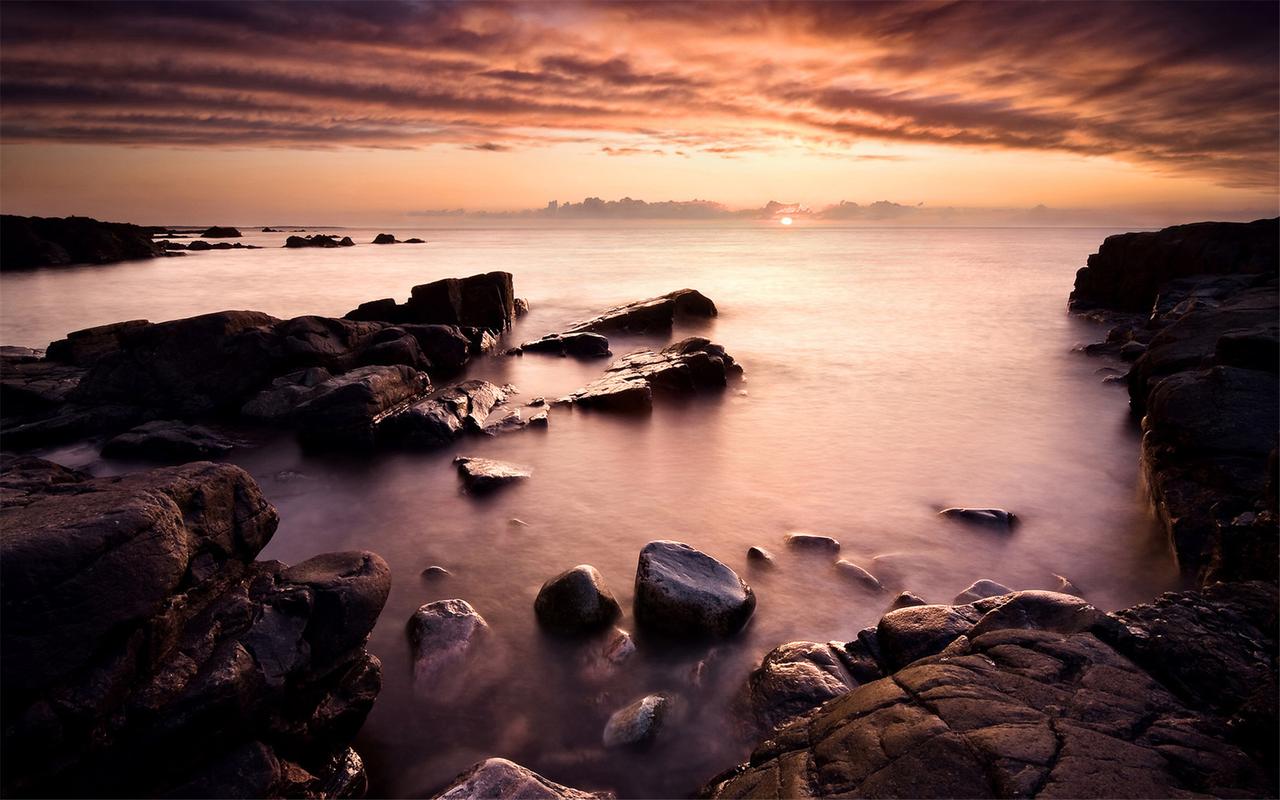Uncovering the Fascinating Cultural Evolution Timeline: A Journey through Time
In this blog post, we are going on a journey through time to uncover a fascinating cultural evolution timeline. From the early days of human civilization to the modern era, the cultural evolution of societies has been an intriguing topic that has captivated the attention of historians and archaeologists for centuries.
Early Human Societies
The earliest human societies were hunter-gatherer communities. These societies were nomadic, and their survival depended on the availability of resources such as food, water, and shelter in their immediate surroundings. These early societies had a basic social structure consisting of families or small clans that worked together to hunt and gather food.
Over time, new technologies emerged, such as the development of agriculture and the domestication of animals, leading to settled communities and the growth of cities. With this growth, societies became more complex and hierarchy-based, with elites emerging to manage trade and regulate social relationships.
The Rise and Fall of Ancient Civilizations
Many ancient civilizations arose and fell throughout history. These civilizations, such as the Egyptians, Greeks, and Romans, have left behind fascinating cultural artifacts that provide insight into the societal structures, beliefs, and customs of their people.
During this time, religion played a significant role in shaping these civilizations. Religion provided the framework for moral values and social systems. Monotheistic religions became widespread and played an important role in shaping the political and social landscapes of ancient civilizations.
However, the power and influence of these civilizations eventually declined due to factors such as warfare, natural disasters, and economic crises. Nevertheless, the legacy of these ancient civilizations continues to influence contemporary culture.
The Medieval Period
The medieval period was characterized by feudalism, a system of governance based on the exchange of land for services. During this period, the concept of the nation-state emerged as a result of increasing centralization of political power. This led to the development of unique cultural identities that were tied to political boundaries.
During the medieval period, religion continued to play a dominant role in shaping culture. Christianity, in particular, had a significant impact on the artistic traditions of the time, with Gothic architecture and illuminated manuscripts being prime examples.
The Renaissance and Enlightenment Periods
The Renaissance marked an intellectual and cultural rebirth in Europe. This period saw the rediscovery of ancient Greek and Roman texts, leading to a renewed interest in classical scholarship, literature, and art. The Humanist movement emerged during this period, focused on the study of human nature, individualism, and secularism.
The Enlightenment period further developed these ideas, advocating for reason, scientific inquiry, and human rights. This period saw the emergence of new political philosophies, such as liberalism and democracy, that laid the foundation for modern nation-states.
The Modern Era
The modern era, characterized by rapid technological advancements and globalization, has seen the rise of capitalism, consumer culture, and the multinational corporation. The increased interconnectedness between nations has led to the exchange of ideas, customs, and traditions on a global scale.
However, this period has also been marked by increased cultural homogenization, eradication of indigenous cultures, and the displacement of marginalized groups. As a result, there has been increased awareness of the importance of preserving cultural diversity.
Conclusion
The cultural evolution timeline has been a fascinating journey that has spanned thousands of years. From the early days of hunter-gatherer societies to the present-day modern era, cultural traditions, customs, and beliefs have evolved alongside political and economic systems.
While cultural homogenization remains a challenge in the modern era, there is increasing recognition of the importance of preserving cultural diversity and recognizing the contributions of marginalized groups. As we continue to move forward through time, it’s crucial to remain mindful of our cultural heritage and the role it plays in shaping our identities and societies.
(Note: Do you have knowledge or insights to share? Unlock new opportunities and expand your reach by joining our authors team. Click Registration to join us and share your expertise with our readers.)
